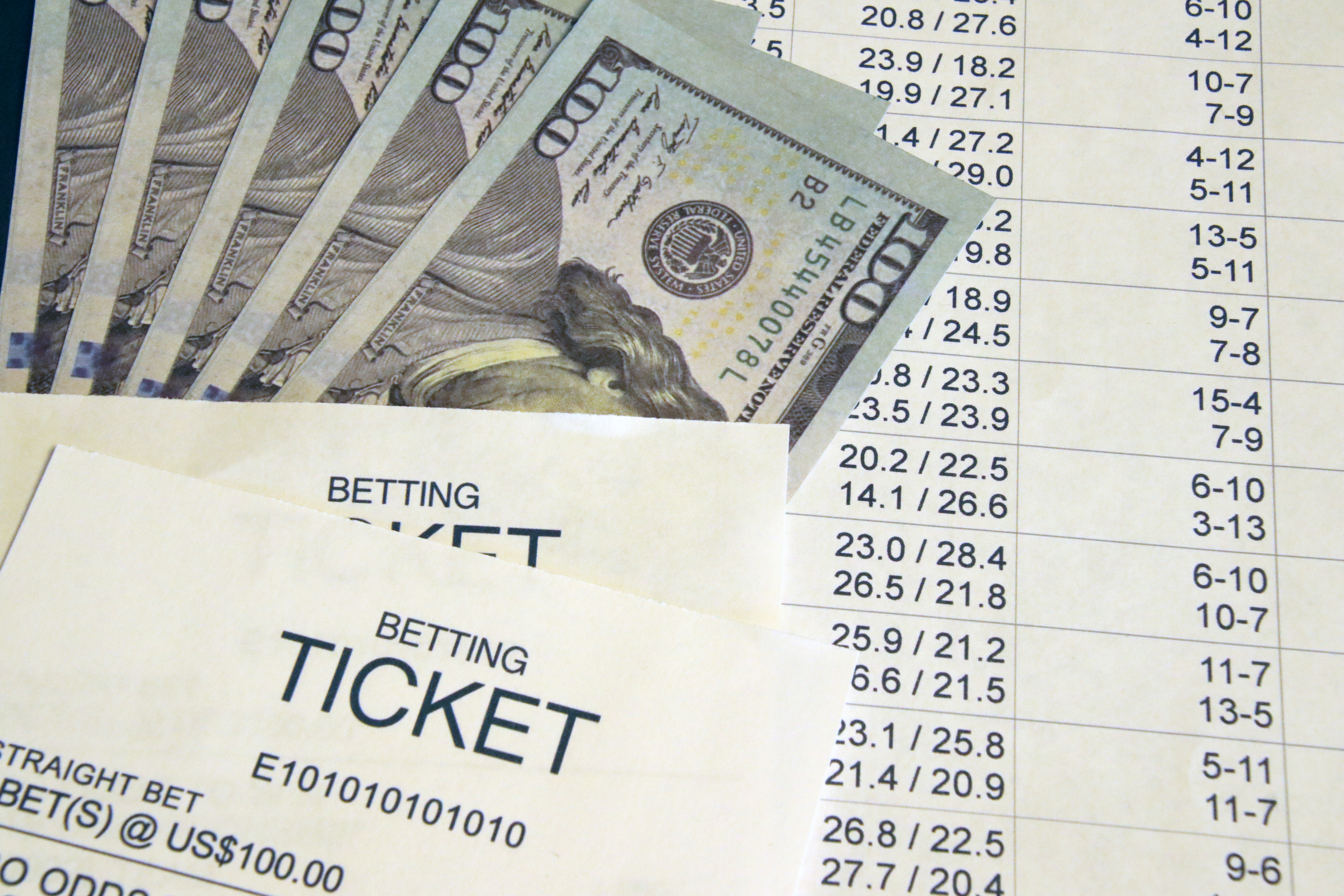How Sports Betting Has Became Mainstream
Written by Arbitrage • 2025-07-18 00:00:00

Sports betting in the United States has undergone a dramatic transformation in just a few years. Once relegated to underground operations and shady bookies, it has now become a mainstream form of entertainment, bolstered by sweeping legislative changes and the rise of digital platforms. But how did we get here, and what are the implications of this new era of legalized sports wagering?
For much of the 20th century, sports betting was illegal in most parts of the United States. The federal government reinforced this stance in 1992 with the Professional and Amateur Sports Protection Act (PASPA), which effectively banned sports betting nationwide, with the exception of four states that were grandfathered in (Nevada, Oregon, Delaware, and Montana). While the PASPA was designed to protect the integrity of sports, in reality, it pushed the betting world into the shadows. Illegal sportsbooks flourished, often operated by organized crime syndicates or offshore websites that offered little consumer protection.
That all changed in May 2018, when the U.S. Supreme Court struck down PASPA, ruling that the federal ban was unconstitutional. This landmark decision did not make sports betting legal everywhere; rather, it gave states the right to legalize it. This 2018 ruling opened the floodgates. Since then, over 38 states, Washington, D.C., and Puerto Rico have legalized sports betting in some form - either online, in-person at casinos and sportsbooks, or both. Major media outlets, sports leagues, and gambling operators have quickly jumped into the fray, forming partnerships, launching apps, and promoting betting segments during televised games. What was once taboo is now casually discussed by analysts on ESPN.
Legal sports betting has exploded in popularity. According to the American Gaming Association, Americans legally wagered over $120 billion in 2023 alone. Mobile betting apps have made gambling accessible with a swipe or tap, allowing users to bet on everything from point spreads to player props, parlays, and live in-game outcomes.
Advocates of legalized sports betting point to several benefits. First, it generates substantial tax revenue for states. New Jersey, for example, brought in hundreds of millions of dollars in betting-related taxes, which help fund public services. Legalization also offers consumer protections that weren't available in the black market, such as age restrictions, self-exclusion programs, and oversight of gambling operators. There is also a case to be made for transparency: with betting above board, sports leagues can monitor wagering patterns for signs of match-fixing or fraud, something far more difficult to do when betting is underground.
However, the rise of legal sports betting has not come without criticism. One major concern is the increased risk of gambling addiction, particularly among young adults. The ease of access through smartphones - paired with aggressive advertising campaigns - has raised alarms among mental health professionals and advocacy groups. There are also ethical questions about the growing entanglement between sports and gambling. As betting becomes more visible in sports broadcasts, critics worry that it could erode the integrity of the games or encourage impulsive financial decisions among fans. Additionally, not all states have adopted the same level of regulation, leading to a patchwork of rules that can confuse consumers and leave some bettors without adequate protections.
What have professional sports leagues said about sports betting? In 2017, NFL Commissioner Roger Goodell said that betting on in-game events (as opposed to the outcome of games) was a "more palatable" form of sports betting. MLB Commissioner Rob Manfred said, "We will continue to support legislation that creates air-tight coordination and partnerships between the state, the casino operators, and the governing bodies in sports." NBA Commissioner Adam Silver added, "Regardless of the particulars of any sports betting law, the integrity of our game remains our highest priority." The NHL has not stated a public position for or against sports betting, with Commissioner Gary Bettman noting that they are smaller than other leagues and are less vulnerable to negative issues as a result.
For college athletics, the NCAA maintains that "Sports wagering has the potential to undermine the integrity of sports contests and jeopardizes the well-being of student-athletes and the intercollegiate athletics community. It also demeans the competition and competitors alike by spreading a message that is contrary to the purpose and meaning of sport." In June 2025, the NCAA Division I Council introduced a proposal to eliminate the organization's ban on betting on professional sports for both student-athletes and institutional staff; all current sanctions related to college sports betting would remain in place. (The proposal will not take effect unless all three divisions approve it, and will not be retroactive.)
As more states have legalized sports betting and technology continues to advance, the industry shows no signs of slowing down. Innovations like real-time micro-betting, AI-generated odds, and interactive streaming are likely to deepen the connection between sports and gambling even further. But with growth comes responsibility. The future of sports betting will hinge on finding the right balance: one that allows fans to engage with their favorite games while minimizing harm and protecting those most at risk. In the words of ESPN sports analyst David Purdum, "Sports betting isn't going away - it's already woven into the fabric of how many people enjoy sports. The key now is making sure it's done responsibly."